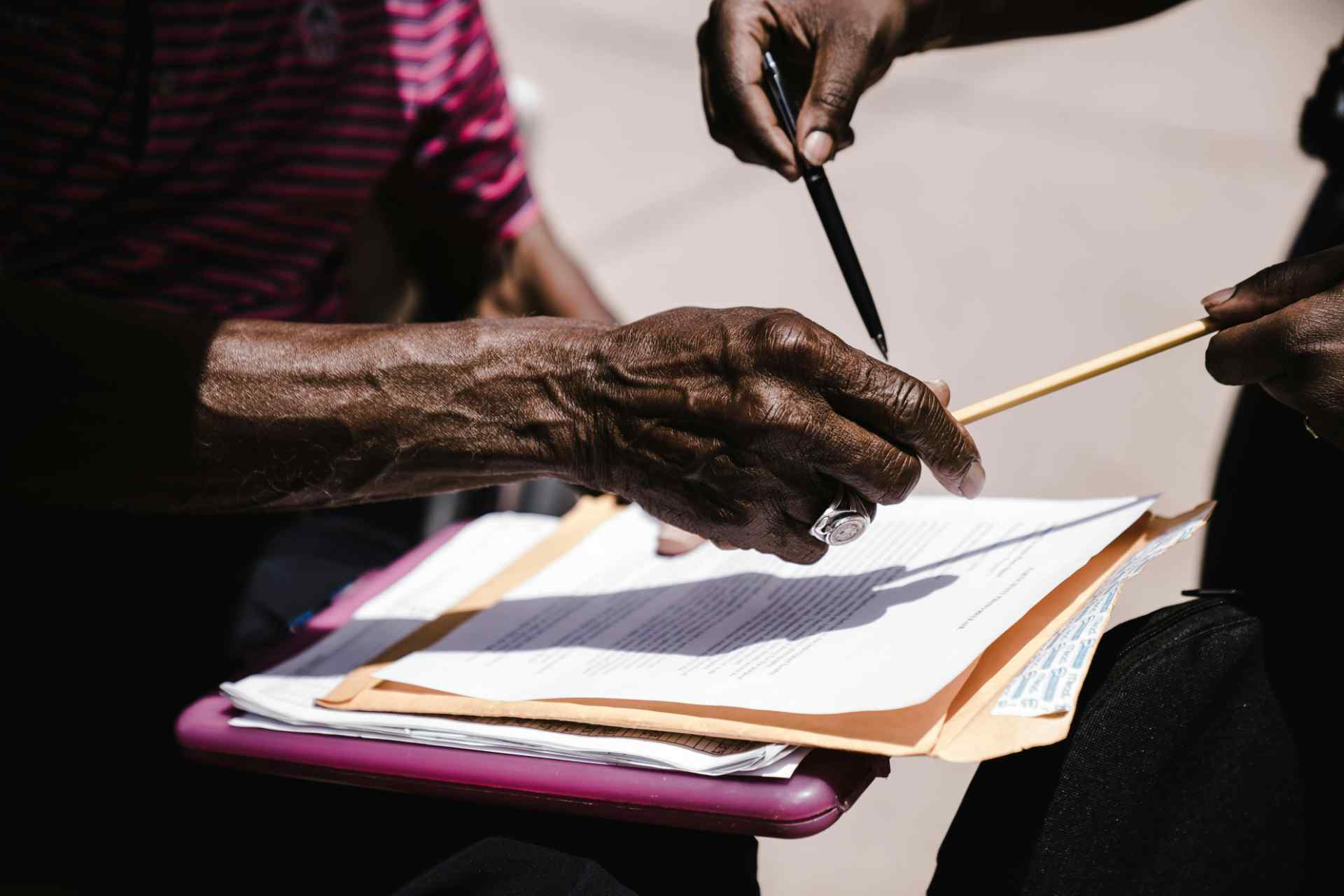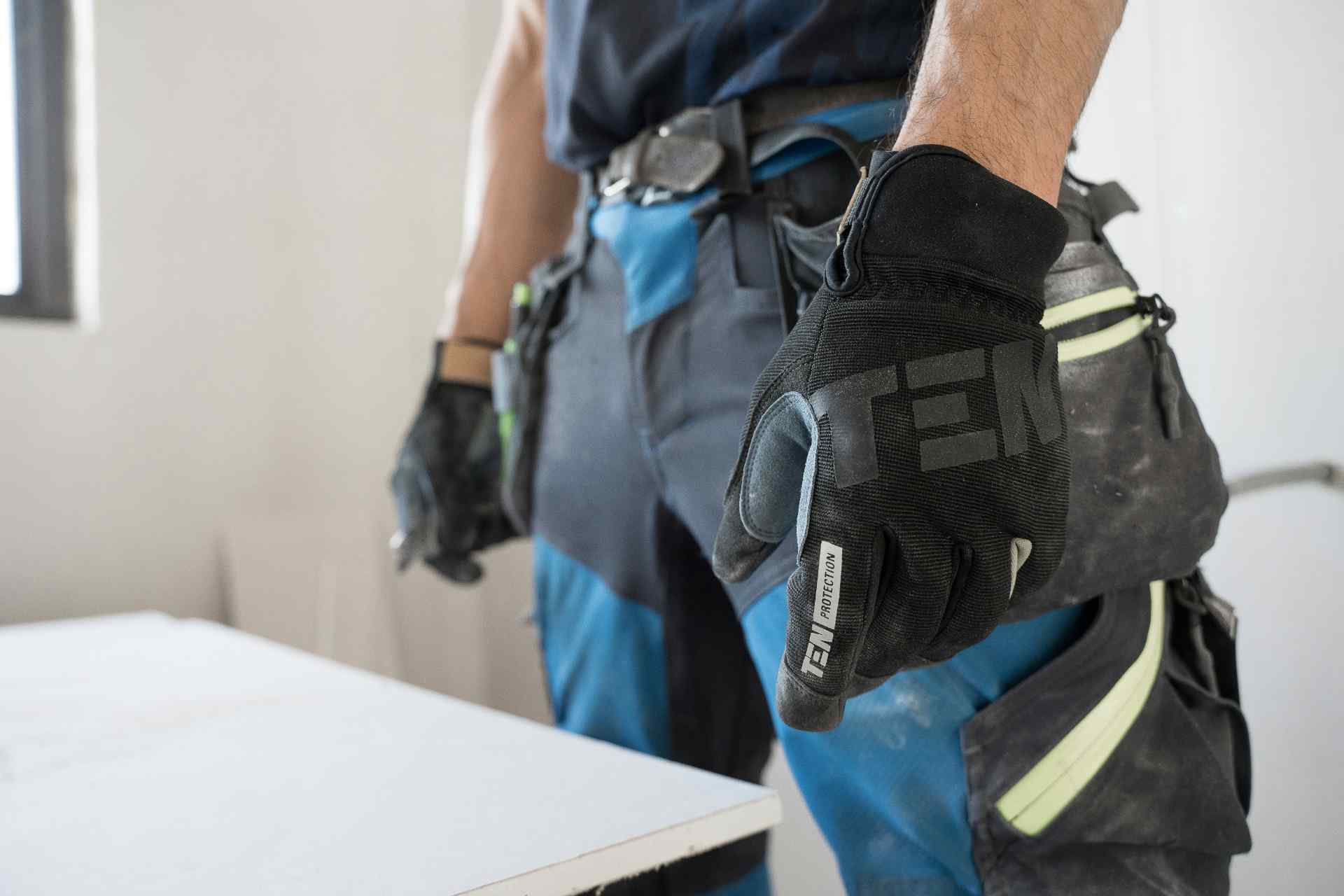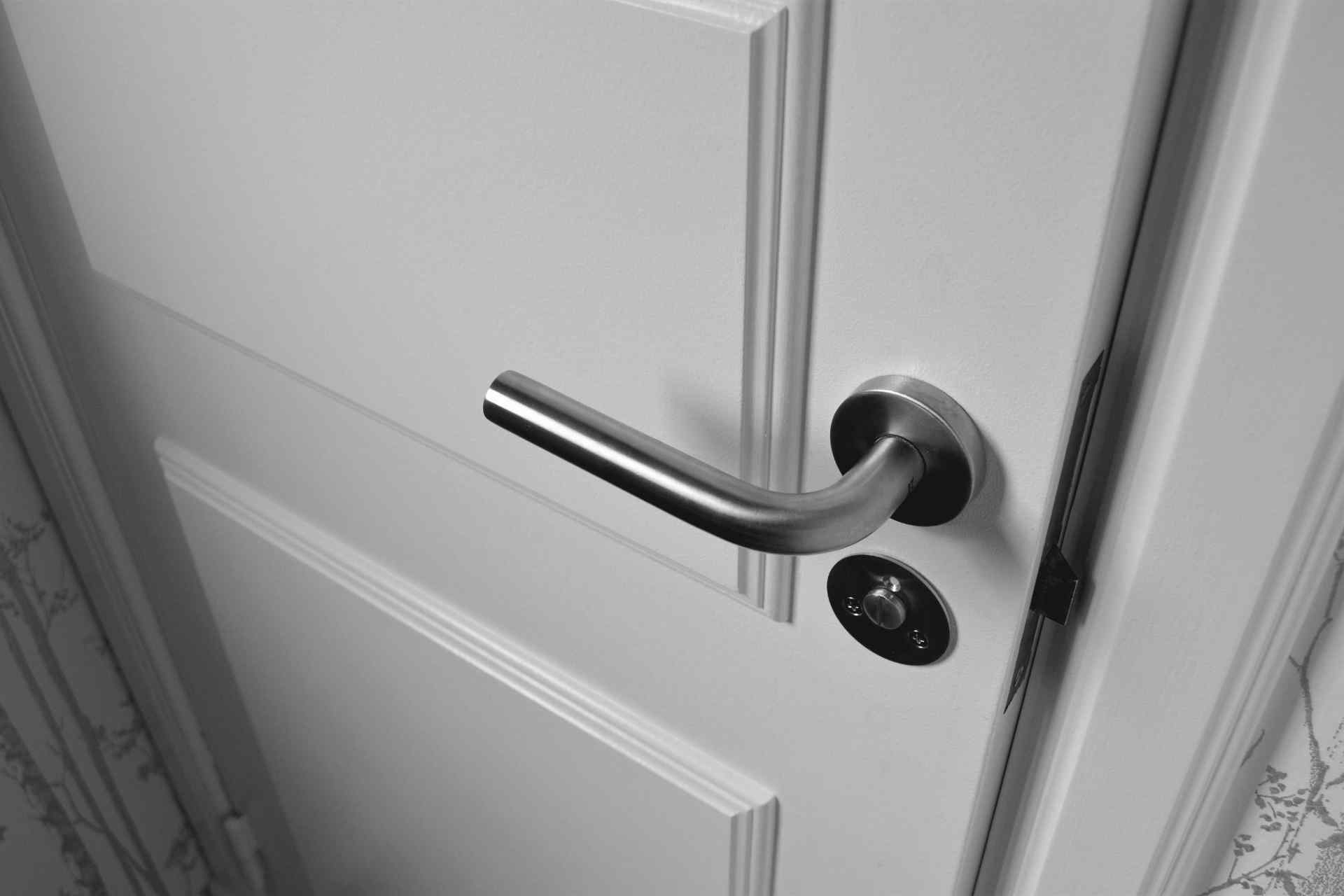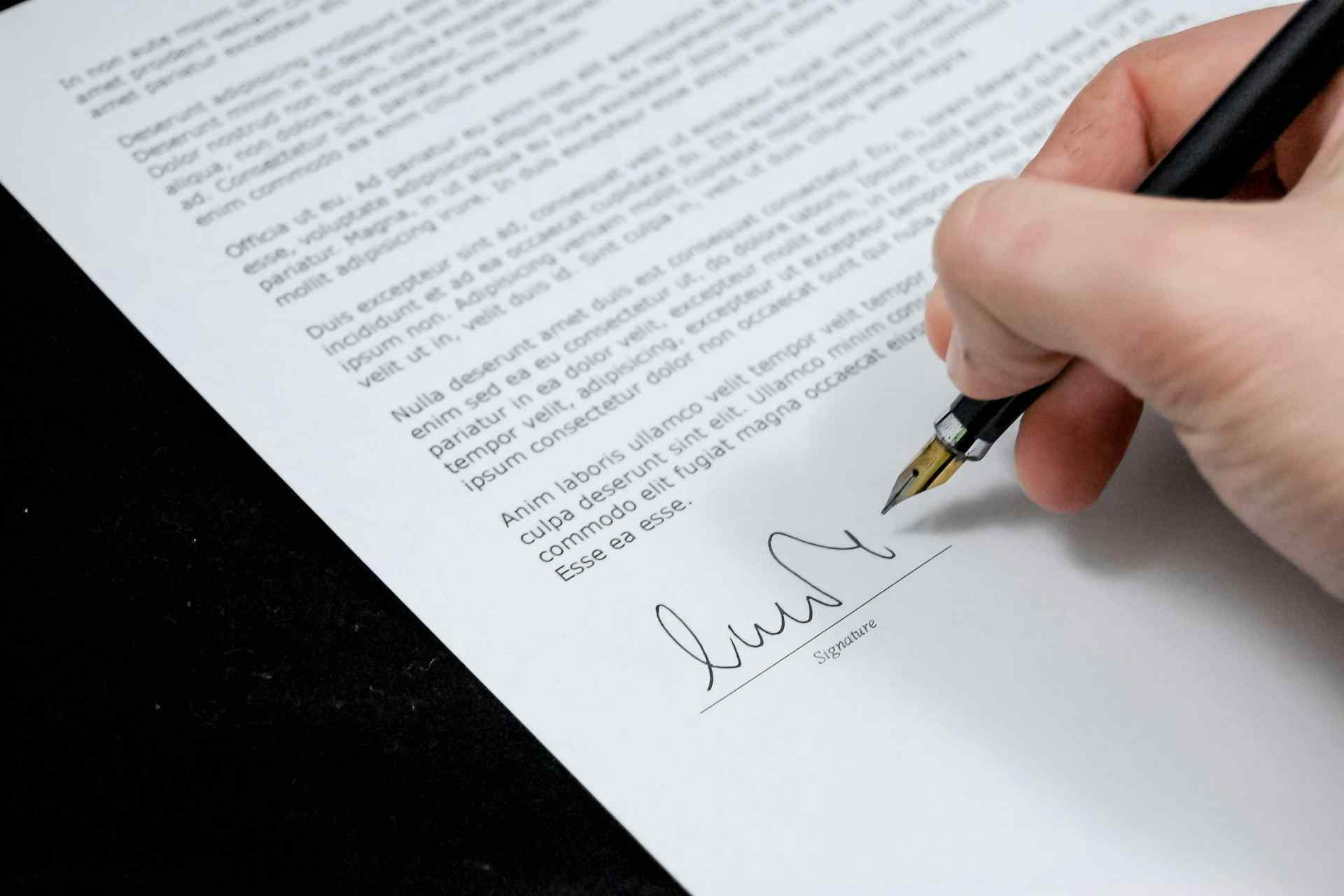


Doorstep or in-person scams may have been present for a long time, but they will not stop in the coming years. We have teamed up with Age UK Oxfordshire to help you understand how to avoid scammers online, over the phone and in person.
According to National Trading Standards, 85% of the victims of doorstep scams are aged 65 and over, making this age category a particular target for in-person scammers. While there are legitimate reasons that some businesses may knock on your door in relation to their services, there are others who will use this as an opportunity to scam you out of your money or personal details for their own nefarious gain.
For this blog we have teamed up with Age UK Oxfordshire, who have scam awareness experts on their team ready to give you advice, should you need it, you may find their contact details at the end of the blog. However, before we look more closely into the most common doorstep scams, we would like to remind you that should you find yourself in an emergency with a stranger at your doorstep, you should call 999 if it is possible to do so, or you may call 111 if you are not in immediate danger.
We have written a series of blogs on the subject of identifying and avoiding scams, including over the phone, on the internet and on your doorstep. Read on to discover our guide to spotting in-person scams, written in association with Age UK Oxfordshire.
Every sector of the population is targeted by scammers but older people are particularly vulnerable because:
Doorstep scams are when someone tries to gain access to your money or home by pretending to be a charity worker, tradesperson or someone needing help who calls at your door. People often presume that someone who is nice and polite is genuine but sadly this often isn’t the case.
A postal scam is a letter sent with the intention of gaining money through deception.
Scam mail is mass produced but made to look like a personal letter or important document with the sole purpose of tricking you into sending cash, making money transfers or giving away personal information. The types of postal scam include:
Contact Royal Mail. Find out more on the Royal Mail’s website on www.royalmail.com/help/scam-protection. Alternatively, you can call 03454 040506.
You can also write to the Citizens Advice Consumer Service, 2nd floor, Fairfax House, Merrion Street, Leeds LS2 8JU.
If you're from Oxfordshire and have been affected by scams and would like to discuss a one-to-one visit with Age UK Oxfordshire, or would like to organise a group talk to raise awareness of scams please get in touch by emailing [email protected] or call 0345 450 1276.
You are also able to find information about your local Age UK Office here, who will be happy to support you.
Age UK also run their “Age UK Advice Line” on 0800 678 1602, a general telephone line with operatives who will be able to give you advice, and direct you towards resources to help you. The line is open 8am to 7pm every day of the year.
Action Fraud is the UK’s national fraud and internet crime reporting unit. The telephone number is 0300 123 2040 and you can contact them online on www.actionfraudalert.co.uk.
29 May 2025
There are at least 12 different terms to describe retirement housing including extra care housing, housing with care, independent…
Read more9 May 2025
If you enjoy travelling within the UK, there are plenty of financial benefits related to retirement. It’s easy to leave the car…
Read more7 April 2025
From beautiful landscapes to excellent transport links, Kent offers the best of both worlds - convenience and charm - along with…
Read more







